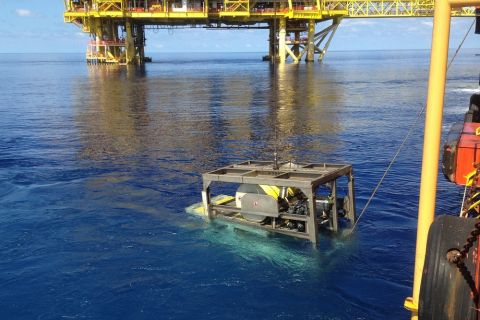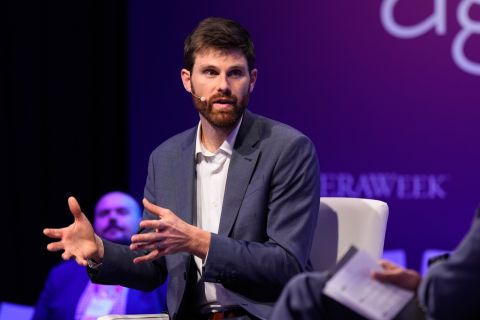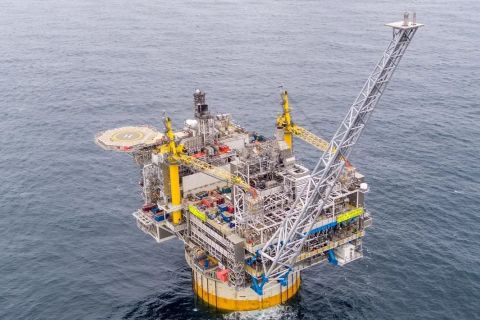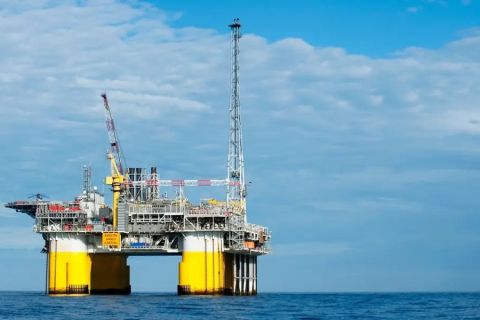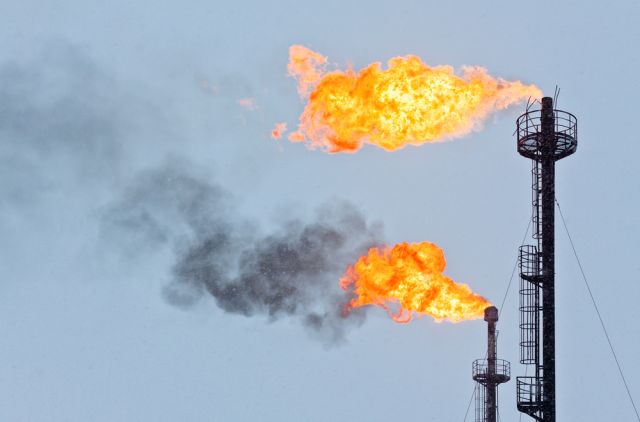
The young U.S.-based company is mostly interested in exporting U.S. technology to reduce gas flaring in countries that need it the most. (Source: Shutterstock)
Green Swan, an investment platform seeking to provide capital to countries signed on to the Paris Agreement of 2015, is courting U.S. investors to fund decarbonization projects in countries including Iran and Venezuela, its executives told Hart Energy.
Other countries identified by Green Swan executives —who were in Houston on a road show talking to potential investors —that could benefit from its investment program include Ecuador, Mexico, Nigeria and Oman, among others.
The young U.S.-based company is mostly interested in exporting U.S. technology to reduce gas flaring in countries that need it the most, Green Swan’s CEO and founder Mehrnoosh Aryanpour told Hart Energy Feb. 14.
“We’re getting the licenses from national oil companies, talking to the political players, and international oil companies that have been doing exploration in these countries and persuading everyone that we need capital right now to solve our global climate crisis,” Aryanpour said.
Aryanpour stressed the urgent need to help these countries solve their gas flaring problems in order to hit the climate goals.
“If not, we are never going to be able to reduce the temperature, and that's bad news,” she said, referring to the impacts that gas flaring has on the environment.
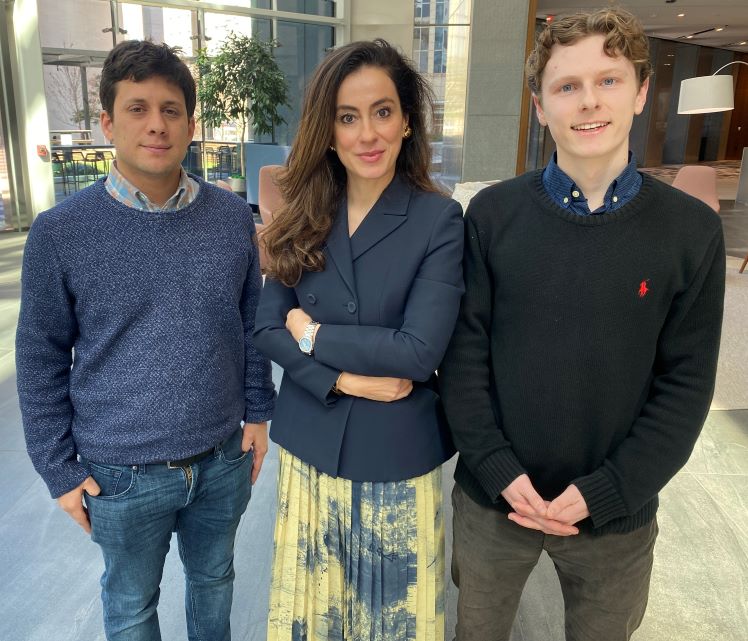
The Paris accord seeks to hold “the increase in the global average temperature to well below 2°C above pre-industrial levels” and pursue efforts “to limit the temperature increase to 1.5°C above pre-industrial levels.”
Green Swan’s aim to reduce flaring in countries near and far will have two-fold positive impacts, the company’s operations director Lukas von Koch told Hart Energy.
First, it will help them reduce greenhouse gas emissions and the negative impacts on neighboring communities and the climate. Second, the countries will benefit from the commercialization of the gas that is no longer flared, von Koch said.
“We aim to monetize previously wasted gas to address the mismatch between supply and demand in regions located near to where we plan to execute our projects,” von Koch said.
Recommended Reading
Forum Energy Signs MOU to Develop Electric ROV Thrusters
2024-03-13 - The electric thrusters for ROV systems will undergo extensive tests by Forum Energy Technologies and SAFEEN Survey & Subsea Services.
AI Advancing Underwater, Reducing Human Risk
2024-03-25 - Experts at CERAWeek by S&P Global detail the changes AI has made in the subsea robotics space while reducing the amount of human effort and safety hazards offshore.
Subsea Tieback Round-Up, 2026 and Beyond
2024-02-13 - The second in a two-part series, this report on subsea tiebacks looks at some of the projects around the world scheduled to come online in 2026 or later.
2023-2025 Subsea Tieback Round-Up
2024-02-06 - Here's a look at subsea tieback projects across the globe. The first in a two-part series, this report highlights some of the subsea tiebacks scheduled to be online by 2025.
Tech Trends: AI Increasing Data Center Demand for Energy
2024-04-16 - In this month’s Tech Trends, new technologies equipped with artificial intelligence take the forefront, as they assist with safety and seismic fault detection. Also, independent contractor Stena Drilling begins upgrades for their Evolution drillship.

